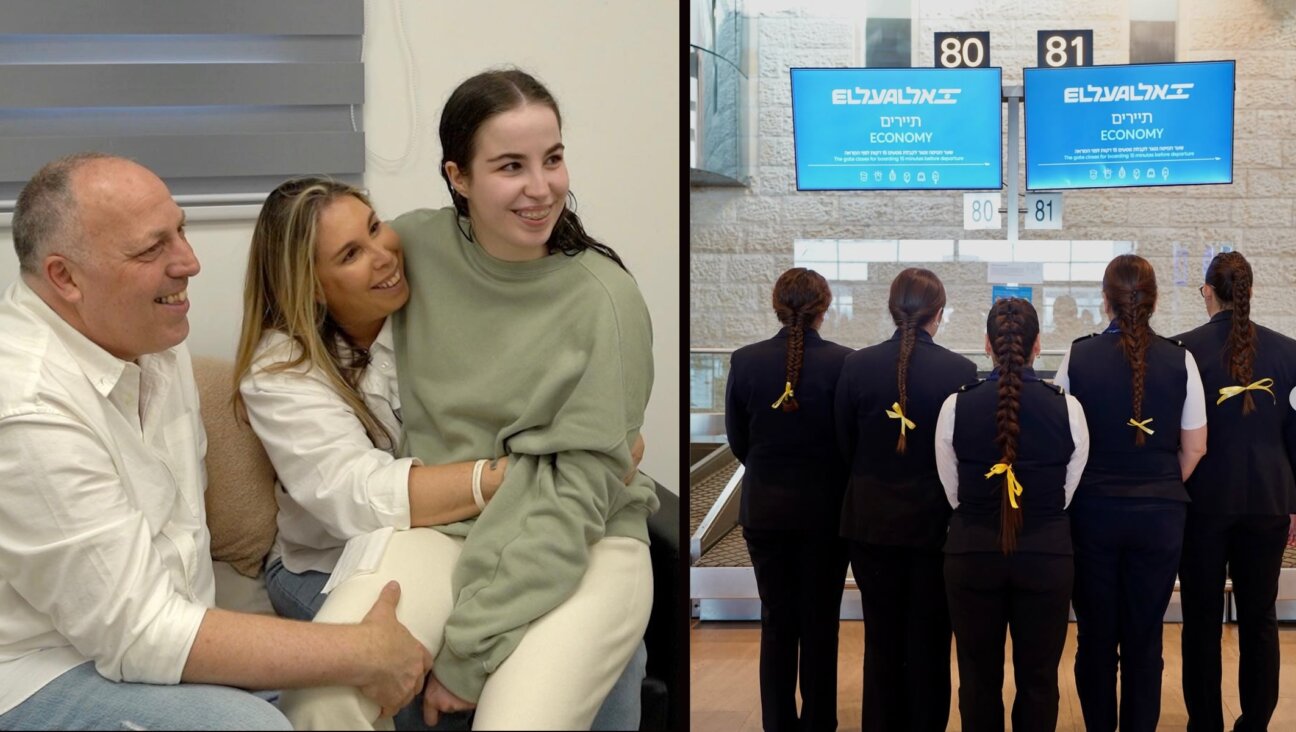Reform Seminary Among Schools Facing Crippling Cuts
The Reform movement’s seminary is looking into closing two of its three U.S. campuses as part of an effort to close looming budget gaps caused by the recent economic downturn.
Rabbi David Ellenson, the president of Hebrew Union College–Jewish Institute of Religion, said that school officials were considering several plans for restructuring the institution — including, most likely, closing at least one, and possibly two, of the three campuses situated in New York, Los Angeles, and Cincinnati. He said that while the school’s Jerusalem campus would definitely remain open, it could face cuts.
A variety of financial and economic factors “have combined to place HUC-JIR in the most challenging financial position it has faced in its history — even more so than during the Depression,” Ellenson wrote in an April 14 letter to faculty, staff, board members and others. “I wish with all my heart and soul that this were not so. Yet, all the wishing in the world cannot alter the reality we face.”
The prospective cuts come at a time when institutions of higher Jewish education all across the spectrum are facing serious financial troubles. In February, Yeshiva University announced it was cutting its budget by nearly $30 million and laying off 60 employees. The Jewish Theological Seminary is in the process of reducing its faculty from 59 to 50, and the campus is now closed on Fridays as a cost-saving measure. Baltimore Hebrew University announced it would be merging with a local state university. And, most notoriously, Brandeis University earlier this year announced that it was closing its Rose Art Museum and was considering selling a number of its paintings.
HUC–JIR is facing such serious shortfalls, and such radical changes, because of a combination of reduced dues from Reform congregations, which make up 35–40% of the school’s budget; a drop in its endowment that will reduce revenues for the next several years, and investment shortfalls that have left HUC-JIR with greater liabilities.
HUC–JIR had already announced last month that it would be raising tuition by $3,000, cutting back on financial aid, and that staff members would have their salaries reduced by anywhere from 5–10%. But Ellenson said that shortfalls would be so great and so protracted that the school needed to make major structural changes.
“The College-Institute is going to be facing $7 [million] to $8 million in reduced revenues and additional expenses for at least the next five years, and that prospect of reduced revenues and additional expenditures makes it impossible for the College-Institute to continue to operate as currently does,” Ellenson told the Forward.
Ellenson said that the school was also looking at potential program cuts, but that those were still under discussion, and that all final decisions on campus closings and program cuts would be made at a Board of Governors meeting in June. In the meantime, groups and individuals in New York, Los Angeles and Cincinnati have all begun lobbying for their respective campuses to remain open. But Ellenson said that the favorite piece he had received was a letter in which the writer told him, “‘Rest assured, whatever decision you make will be both right and wrong.’”
A message from our Publisher & CEO Rachel Fishman Feddersen

I hope you appreciated this article. Before you go, I’d like to ask you to please support the Forward’s award-winning, nonprofit journalism so that we can be prepared for whatever news 2025 brings.
At a time when other newsrooms are closing or cutting back, the Forward has removed its paywall and invested additional resources to report on the ground from Israel and around the U.S. on the impact of the war, rising antisemitism and polarized discourse.
Readers like you make it all possible. Support our work by becoming a Forward Member and connect with our journalism and your community.
— Rachel Fishman Feddersen, Publisher and CEO






















